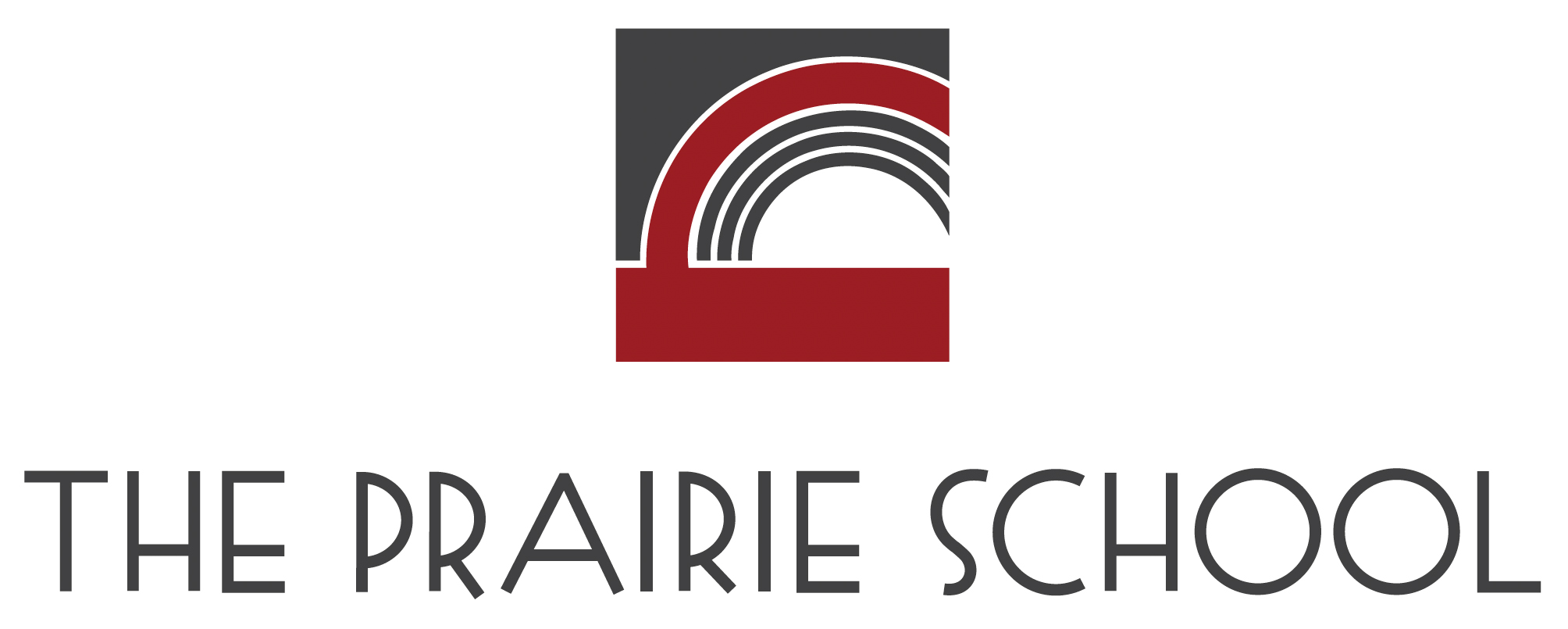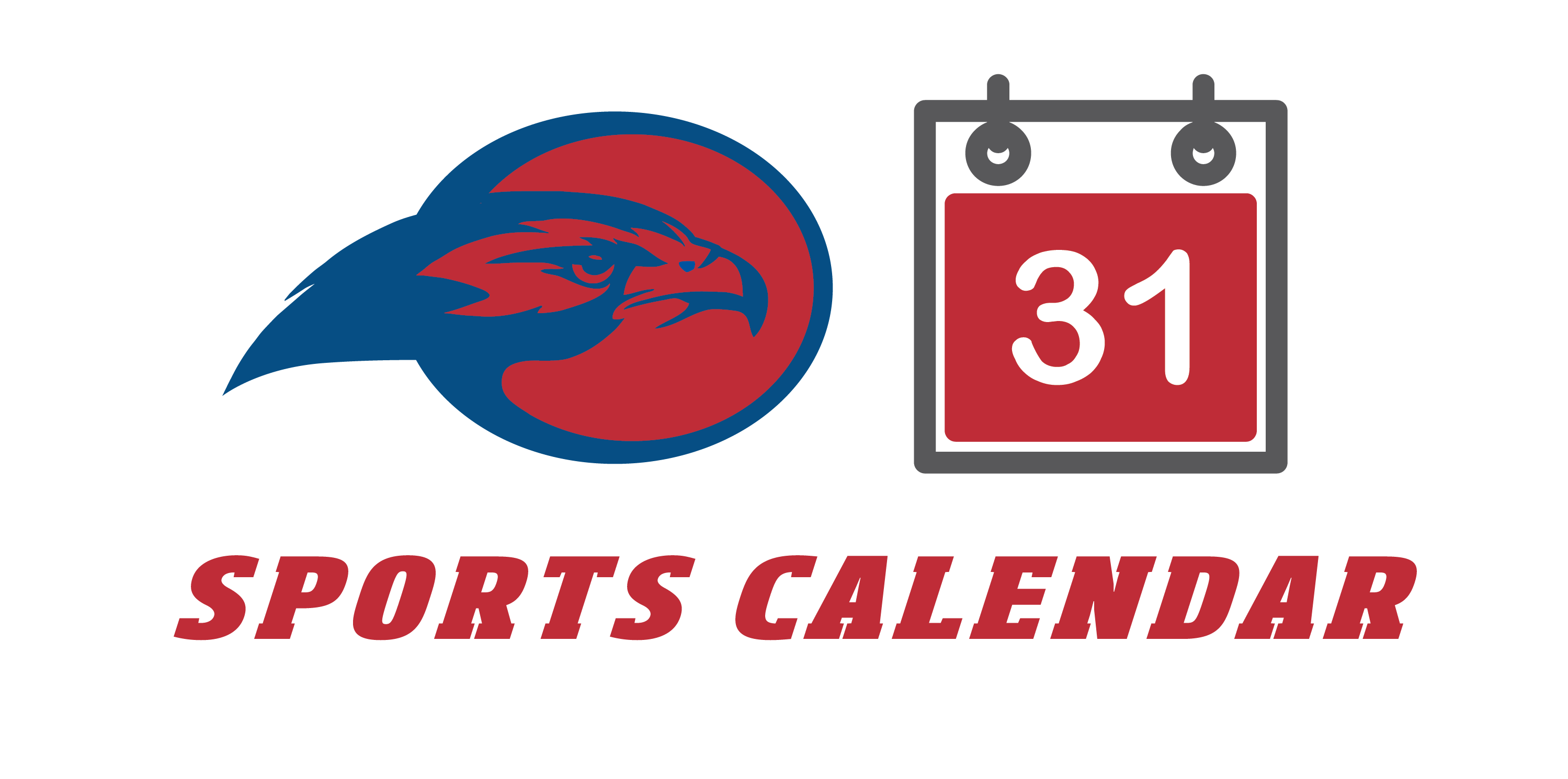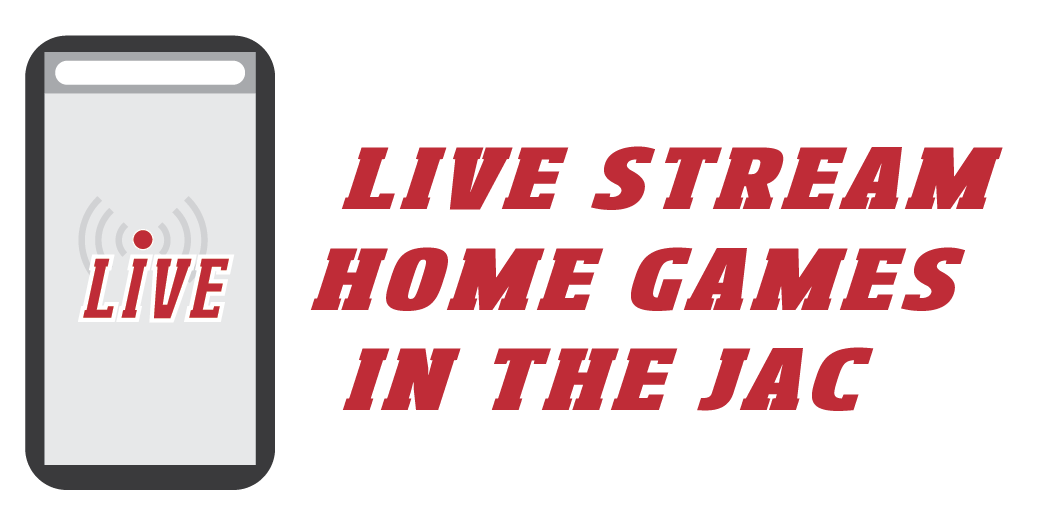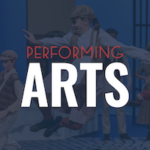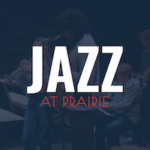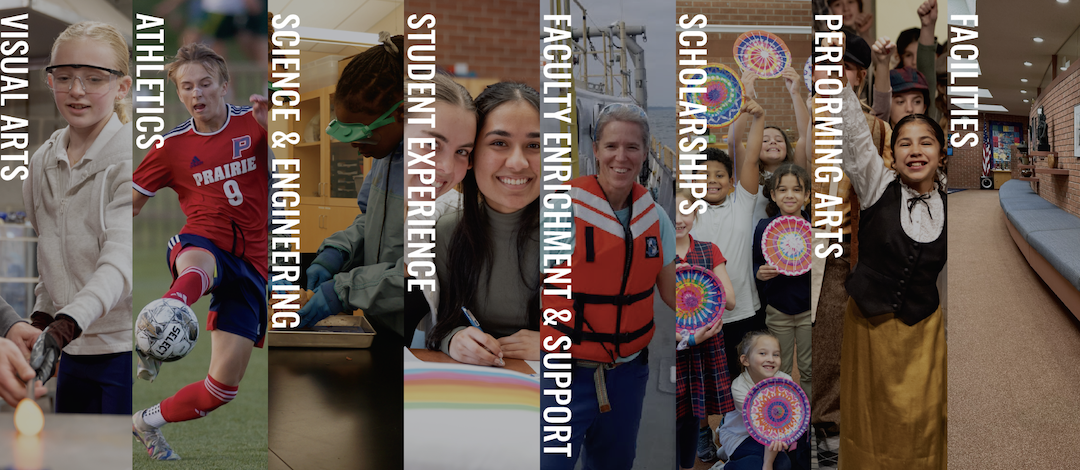Academic support group grows more than just knowledge.
Tutoring and fun, probably not two terms you’d put together, but those are the words two Upper School (US) student tutors used to describe the Peer Academic Student Support (P.A.S.S.) program at Prairie.
Fifteen US student tutors participate in P.A.S.S., and while the team consists primarily of upperclassmen, there are two sophomores in the mix. Shritha Reddy ’24 is one of them. She tutors peers in Geometry, Algebra 2, Biology, Spanish, Chemistry, and Pre-Calculus. To become a tutor, she had to get letters of recommendation from teachers in each of those subjects. “Since your teachers are saying you can teach and help tutor in that subject, it builds trust.”
Reddy has always enjoyed helping her friends with their homework. In the P.A.S.S. program, she says you don’t feel like you’re being tutored because the atmosphere is fun and relaxed. “You’re helping your friends (students being tutored) and then in the middle of solving a problem you’ll talk about a sports game. It builds friendships and you’re getting your work done.”
Maggie Dreifuerst ’22 became a P.A.S.S. tutor her sophomore year as well. She enjoys the engaging environment. “It’s really collaborative. If I’m tutoring someone and don’t remember how to do this because it was so long ago, I’ll call another tutor over and we’ll put our brains together. I think it’s a lot of fun when we figure out how to do it again.”
Dreifuerst says the peer tutors try to provide a welcoming environment to every student. “We’ve all been through it so we understand. We all know there’s stuff that for some reason we can’t wrap our brain around. There’s nothing to be ashamed of.”
P.A.S.S. tutors assist with a variety of Math, Science, Spanish, AP World History, and Writing homework. The tutoring is free.
After a year-and-a-half hiatus, the program is back and stronger than ever, according to US Mathematics Teacher and P.A.S.S Advisor Lynne Santalucia. She says more students are coming in for help than the year before the pandemic. “We tend to have more students come when we hold it during Flex than during lunch. This is the first year we’ve tried it during Flex.” (Flex is a break that students have in their day to meet with their Advisor and do homework.)
In addition to helping with academics, Santalucia says the program also builds community between the upperclassmen and underclassmen. “Someone you don’t normally have in your classes, you’re getting to know. Maybe you’re not on the sports team with them, maybe you’re not in the musical with them, but it allows you to get to know other students.” It also provides leadership opportunities for the tutors.
The supportive atmosphere is based on P.A.S.S. norms the tutors have created. Students agree to provide an environment that is “safe, positive, inclusive, accepting, confidential, listening first, encouraging, studious, honest and fun.”
Tutoring sessions are held every C-Day during the lunch hour and F-Day during the second half of Flex.
Because March is Women’s History Month, these P.A.S.S. tutors were asked about female role models. Dreifuerst shared women in STEM who inspire her. Reddy discussed a variety of women who encourage her. You will hear that both students had female Prairie teachers on their list.
